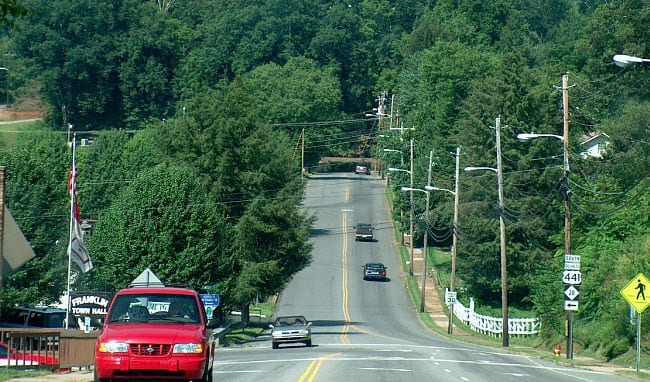Higher taxes for gasoline and a range of other fees will help to keep the highways in the state paved.
North Carolina has had to come up with a new plan to pay for the construction and maintenance of highways in the state, and it has now rolled out a plan that will use taxes on gasoline and auto insurance as well as increased vehicle fees in order to help to ensure that the funds that are needed will be available.
The reason that the additional revenue streams are required is that efficient vehicles have reduced gas tax funding.
The number of electric vehicles, hybrids, and more fuel efficient vehicles on the roads of North Carolina have taken a chunk out of the revenues that the state has been able to collect from taxing gasoline over the last few years. For that reason, that has become an unreliable revenue source for the highway construction and maintenance program throughout the state. Therefore, lawmakers recently announced a new plan to supplement the missing funds by adding a tax to auto insurance coverage and by increasing vehicle fees.
The auto insurance tax for the highway program was passed through House Bill 927 to boost the gas tax revenue.
 Contributing to the loss of revenues through gas sales, of late, has been the recent dropping fuel prices that have not only been experienced over the last few months but that are also anticipated throughout the summer, as well. The formula for calculating the tax that will be implemented for insurance policies has been based on the wholesale price of gas, among other factors.
Contributing to the loss of revenues through gas sales, of late, has been the recent dropping fuel prices that have not only been experienced over the last few months but that are also anticipated throughout the summer, as well. The formula for calculating the tax that will be implemented for insurance policies has been based on the wholesale price of gas, among other factors.
Without the added revenue boost, North Carolina has projected that it would experience a loss of $400 million in revenues over the summer. HB927 based its calculations on the prediction that gas could fall from 36 cents to 30 cents per gallon from July 1 onward. That is the level to which it would have dropped if the General Assembly had not brought in new changes in March.
Beyond auto insurance taxing, the N.C. Division of Motor Vehicles will increase the charges for some of its services by up to 50 percent. For example, registration will be rising from $28 to $42 per year, and learner’s permit fees will be increasing from their current $15 to become $22.50.
